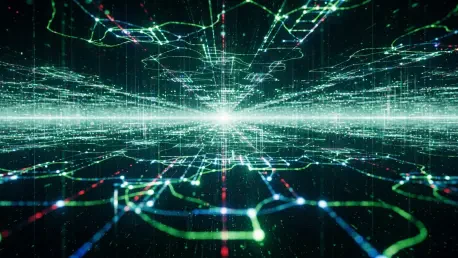
In an era where digital threats loom larger than ever over the foundational services of modern society, a new development from the University of Warwick's Cyber Security Center offers a powerful line of defense for the nation's most vital systems. A team of experts, led by Professor Carsten Maple,

In a world where data is the new oil, protecting it has become one of the most complex challenges for modern enterprises. We sit down with Laurent Giraid, a technologist specializing in artificial intelligence and data systems, to demystify one of the most powerful tools in the cybersecurity
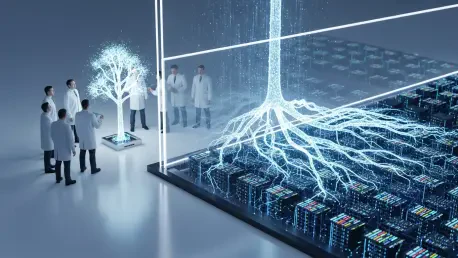
Despite a persistent struggle to quantify the enterprise-wide financial returns of artificial intelligence, C-suite executives are poised to increase their AI spending significantly through 2026, creating a stark paradox for modern enterprises. This trend persists even as leaders openly acknowledge
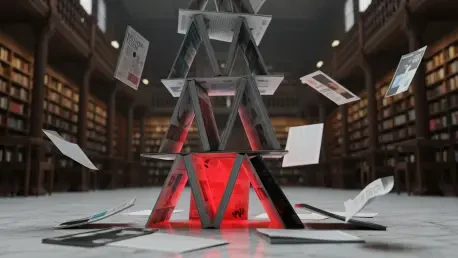
The once-hallowed halls of academia, traditionally seen as bastions of intellectual rigor and truth, are now confronting a seismic shift that challenges their foundational principles. A convergence of critical issues, ranging from the ethically ambiguous role of artificial intelligence to
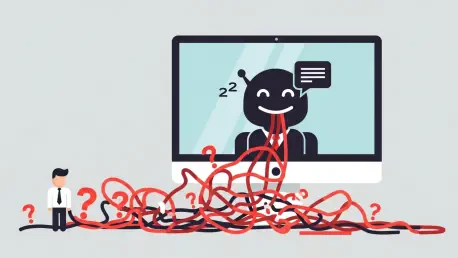
As millions of Canadians prepare for the annual stress of tax season, the expectation for reliable, accessible government support has never been higher, yet a recent audit has revealed that a primary digital tool intended to help them is fundamentally broken. The Canada Revenue Agency (CRA) is now
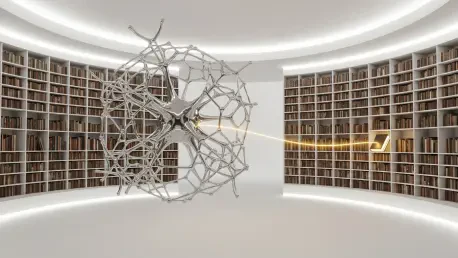
The artificial intelligence landscape has long been defined by a perceived trade-off between raw capability and transparent operation, forcing organizations to choose between the immense power of proprietary, closed-source models and the auditable, controllable nature of their open-source